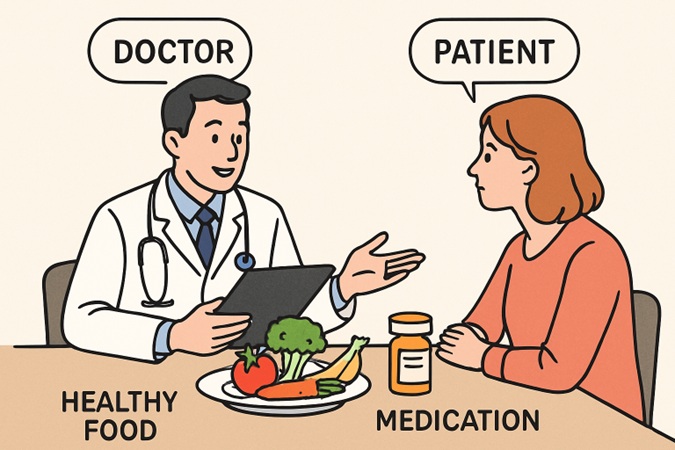Key Takeaways:
- Medical weight loss integrates advanced medications with tailored lifestyle changes.
- Personalized care plans address individual health needs and goals.
- Combining medication with behavioral support enhances long-term success.
The world of weight management is rapidly evolving as medical weight loss programs combine the latest scientific advancements with highly individualized care plans. Unlike traditional dieting, these programs offer a comprehensive strategy that combines prescription medications, nutrition counseling, and behavioral support to help people achieve lasting results. For those considering medically guided solutions, resources like ozempic Tampa have made expert care more accessible than ever for individuals striving for transformative health improvements.
By adopting this medical approach, patients benefit from the synergy between tailored interventions and continuous physician oversight. This not only increases accountability but also addresses the underlying causes of weight gain, leading to better health, an improved quality of life, and higher confidence as milestones are reached.
Introduction To Medical Weight Loss
Medical weight loss programs are doctor-supervised, evidence-based, and personalized, combining medications, lab tests, nutrition, and behavioral coaching for safe, effective weight management. Unlike fad diets or supplements, they rely on research and ongoing monitoring, with physicians assessing health metrics, addressing complications, and customizing interventions for each patient.

The Role Of Medications In Weight Management
Recent years have seen innovative medications like semaglutide and tirzepatide, originally for diabetes, now used for weight loss. Clinical studies show users lose over 15% of body weight when combined with a holistic care plan. These drugs mimic hormones that control appetite, reducing cravings and increasing fullness. Alongside nutrition and exercise education, they help patients develop lasting habits for weight management.
Personalized Care Plans
Every patient’s journey is distinct—medical weight loss recognizes this by building care plans that reflect a person’s medical history, genetic factors, activity level, and lifestyle. A thorough initial assessment evaluates nutritional habits, stress levels, sleep quality, laboratory values, and more. Based on this, the medical team crafts an actionable roadmap that combines macronutrient-balanced diets, realistic activity routines, and medication regimens tailored for optimal results.
Individual goals are at the forefront of every plan, ensuring improved adherence and satisfaction during the course of treatment. According to Healthline, patients in personalized medical weight loss programs are more likely to report long-term health benefits and sustained weight reduction.
Behavioral Support & Lifestyle Changes
Sustainable weight loss requires addressing behavioral and emotional drivers behind eating habits. Qualified counselors and coaches help participants uncover patterns, cope with stress, and set realistic goals. Sessions may include cognitive behavioral therapy, stress management, and skills for lifelong healthy routines. Support networks, education on mindful eating, and accountability tools are vital for turning short-term diets into lasting lifestyle changes. Combined with medication and nutritional guidance, these resources enable patients to overcome obstacles and develop sustainable habits.
Choosing The Right Program
When choosing a medical weight loss program, prioritize quality and credibility. Consider healthcare professionals’ qualifications, transparency about medications and side effects, and available services. Ensure the program includes behavioral support, doctor oversight, and regular assessments. Select a program that respects your health history and long-term goals for a safer, more effective journey. Look for teams that promote open communication, evidence-based care, and empower you to maintain a healthy weight.
Conclusion
Medical weight loss programs provide an evidence-based path for individuals seeking to achieve their optimal health. By combining the newest pharmaceutical tools with deeply personalized care and robust behavioral support, these approaches make sustained wellness and transformative change possible for countless people—no matter where they start.
